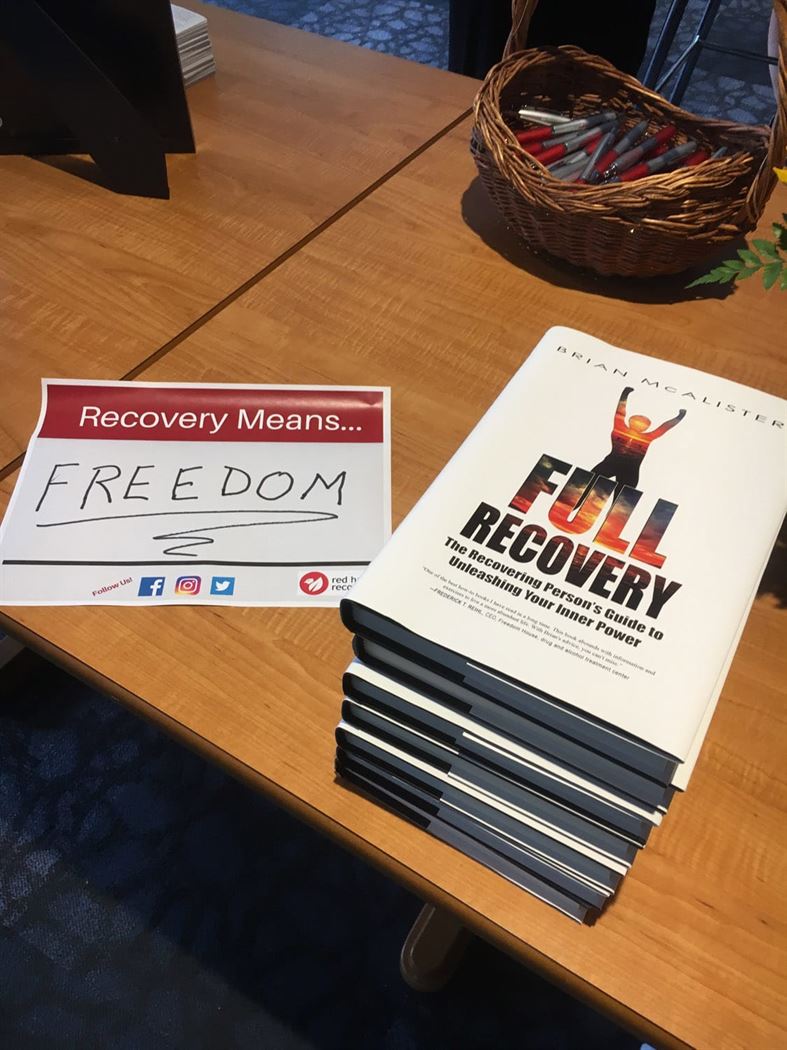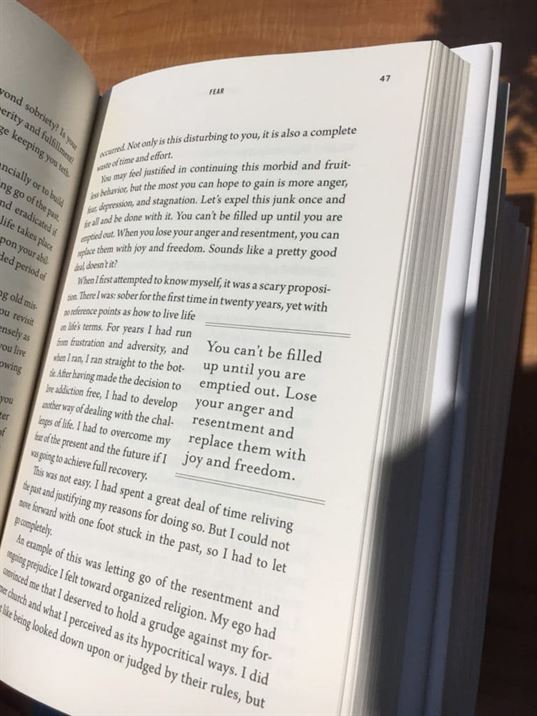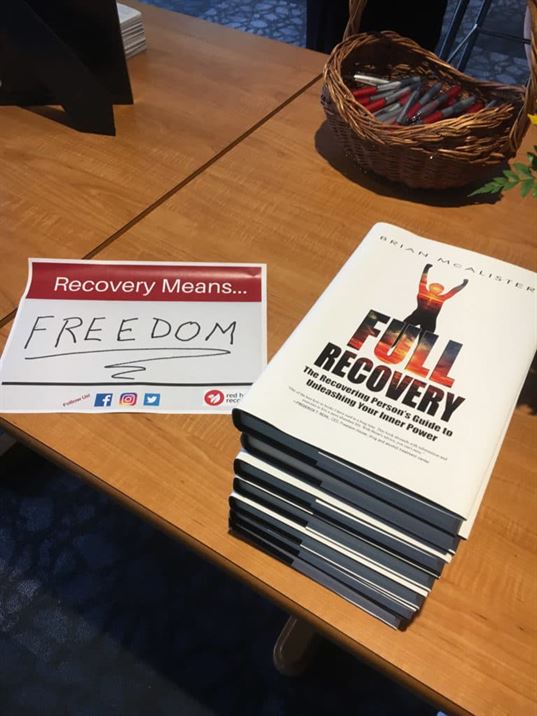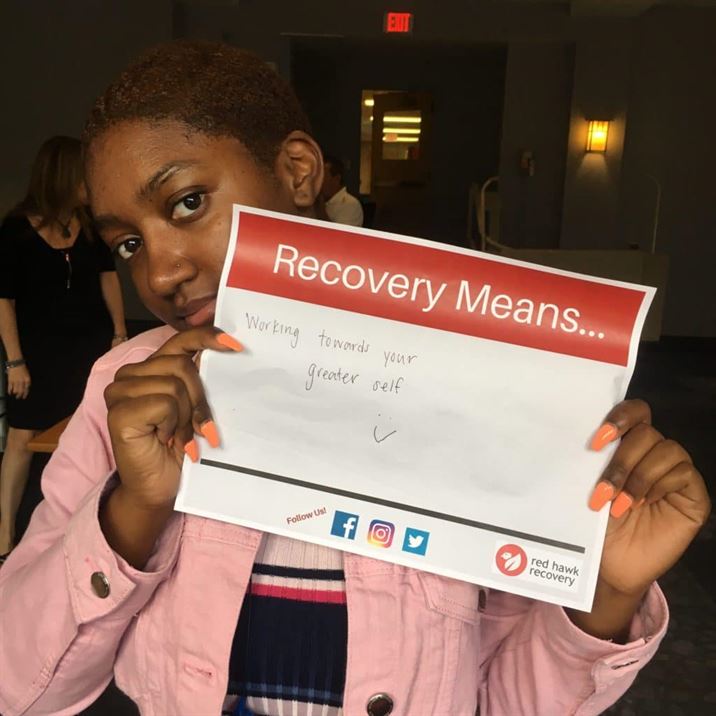An intimate Red Hawk Recovery Open House took place in Russ Hall’s Kops Lounge on Friday afternoon, Sept. 15. The meeting’s purpose was to help students gain a better understanding of the Red Hawk Recovery Program.
Counseling and Psychological Services (CAPS), Health Promotion and Residential Life teamed up to create Residents in Recovery, a program created to support students in alcohol or drug abuse recovery while living on campus.
This housing option offers students who have been sober for at least 90 days the opportunity to live in a space where there is no temptation to use drugs or alcohol. On these recovery floors, students must sign a contract to remain substance-free and keep alcohol and drugs off the floor.
“We want to create a self-identified safe space for students,” said Dr. Kristine De Jesus, Coordinator of Alcohol and Drug Program and Staff Psychologist at CAPS.
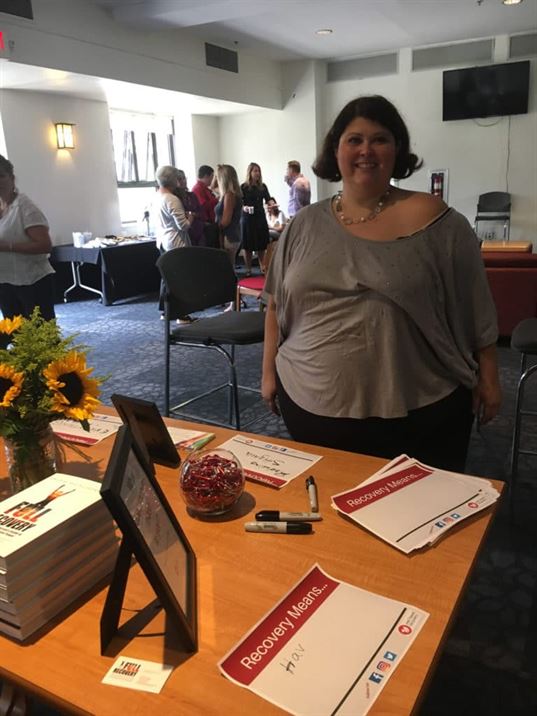
Dr Kristine De Jesus, Coordinator of the Alcohol and other Drugs Program, and Staff Psychologist in the Counseling Center –Photo by Davonna Barber
According to Montclair State’s website, all residence halls are drug and smoke free. They are also alcohol free with the exception of The Village. The Recovery Program’s rooms are not marked so students who opt for it do not feel uncomfortable or left out.
“We know that alcohol and other drugs are a really quick way to reduce stress and what we find is that people rely on substances too much and it ends up becoming another problem in their life,” said De Jesus. “We also realize that there are lots of students on this campus who want to do well and want to be healthy, but they do not know that the support exists and they do not know how or where to get the help.”
There are many other services offered on campus for students in any stage of recovery.
One of the services organized by Health Promotion is Recovery Room. It’s a safe place with a compassionate support system for anyone who might be questioning their sobriety or those who have been down this road for a while. Students in any stage of recovery can make use of the service.
Serenity Social is another informal gathering offered by Health Promotion for students, faculty and staff to get together to talk in a safe space. It helps reassure students in recovery that there are plenty of fun things to do on campus on Thursday and Friday nights besides going to parties.
“We’ve had students who were not active in the Recovery Program,” said Health Promotion Coordinator Dr. Marie Cascarano. “But substance abuse still impacted their lives negatively, so we try to make sure students know that there is a support system on campus.”

